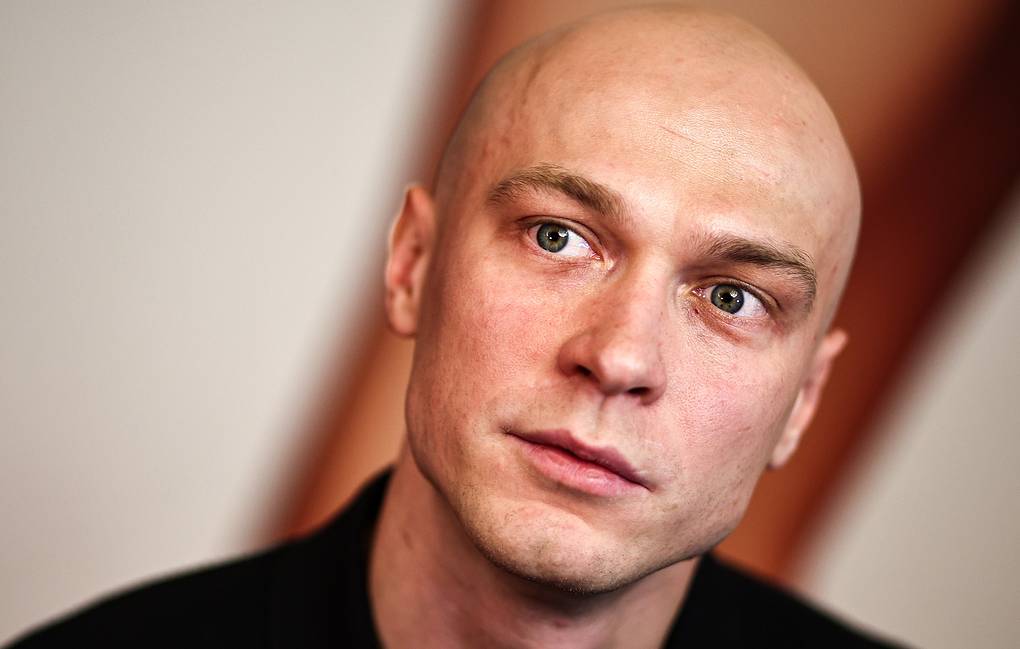
Russian Photographer Barred From Attending World Press Photo Awards Ceremony

Title: Controversy at World Press Photo: Ethics, Propaganda, and the Role of Journalism
The World Press Photo (WPP) Foundation, a highly respected nonprofit organization based in the Netherlands, has found itself at the center of an ethical and political controversy. The dispute unfolded after WPP awarded Russia’s state-affiliated photographer Mikhail Tereshchenko a regional prize for a photo series capturing Georgia’s intense anti-government demonstrations in 2023. While the foundation initially invited Tereshchenko to its prestigious awards ceremony, backlash from Georgian journalists and advocates led WPP to rescind his invitation — sparking a global debate on the intersection of press freedom, propaganda, and responsible journalism.
Background: Recognizing the Unseen
Founded in 1955, World Press Photo has a long-standing tradition of honoring powerful, often harrowing, photojournalism that captures historical and ongoing global events. From the infamous “Napalm Girl” photo during the Vietnam War to recent depictions of the war in Gaza, the competition has regularly amplified underreported stories and humanized the faces behind headlines.
In its 2025 competition cycle, WPP awarded Tereshchenko, a staff photojournalist for the Russian news agency TASS, for his compelling series documenting mass protests in Tbilisi, the capital of Georgia. The images depict citizens — many waving EU flags and lighting fireworks — resisting what they see as authoritarian entrenchment from their pro-Russian ruling party.
TASS under Scrutiny
While the jury judged submissions anonymously, meaning they were unaware of Tereshchenko’s affiliation with TASS, the revelation of his employment sparked immediate concern. TASS is widely understood to function as a state-controlled media outlet and plays a central role in promoting Russian government narratives, often aligned with Kremlin interests.
Georgian journalists voiced that awarding a TASS photographer for coverage of demonstrations aimed at rejecting Russian influence sent a contradictory — and somewhat offensive — message. “The demonstrators in the award-winning photographs are people fighting back against the very same forces that TASS protects and serves,” wrote Georgian journalist Aleksandre Keshelashvili, who himself was severely beaten while covering the protests. He argues that honoring such a photographer undermines the credibility of the movement and bolsters propagandistic narratives.
WPP’s Response and Revised Policies
Faced with mounting criticism, WPP announced on April 1 that Tereshchenko would no longer be attending the global awards ceremony scheduled for April 18. In its statement, the Foundation cited “increased tensions on the European continent” and reiterated that it did not endorse Tereshchenko’s previously recorded remarks, including referring to Russia’s siege of Mariupol, Ukraine, as an act of “liberation.” The organization maintained that his photographs would stay in the year-long international exhibition and that the award itself would not be rescinded.
WPP clarified that its decision to honor the series was based solely on the visual and journalistic merit of the images, not the political affiliations of the photographer or his agency. However, the foundation acknowledged the need for internal review going forward, particularly regarding entries from state-affiliated media in authoritarian regimes.
Artistic Merit versus Ethical Responsibility
This incident raises perennial questions in journalism and the arts: Can powerful images be separated from the politics of those who captured them? Should evaluators consider the ethical context behind the production of media, or focus solely on the subject and visual composition?
Critics argue that while Tereshchenko may have captured a vital moment in Georgia’s democratic struggle, his platform at TASS essentially turns that documentation into a tool of controlled narrative — one that could be perceived as co-opting enemies’ perspectives for state validation or soft power.
Jurors stood by their decision, describing Tereshchenko’s work as representing an “important global story” and praising its documentation of how Georgian protesters creatively used fireworks in response to police suppression.
Wider Implications for Press Freedom
The controversy comes at a time when press freedom is increasingly under threat in both democratic and authoritarian societies. In Georgia, violence against journalists persists with a troubling degree of impunity, as documented by entities such as the Committee to Protect Journalists and Reporters Without Borders.
Simultaneously, the ability of journalists from state-run outlets to engage in international recognition ceremonies sparks debates on information warfare, state soft power projection, and the ethics of journalism awards.
Concluding Thoughts
The World Press Photo debacle involving Mikhail Tereshchenko underscores the complexities of honoring photojournalism in an era where truth, propaganda, and freedom of expression are often in conflict. While the power of photography to reveal human truth remains indisputable, the platforms that promote and publish these images cannot exist in an apolitical vacuum.
As WPP turns its attention to revising its competition framework, it finds itself navigating a delicate landscape. The mission to “encourage high standards in photojournalism and celebrate press freedom” must now include